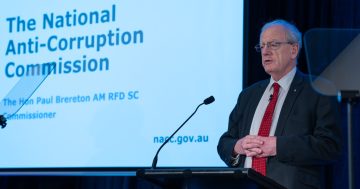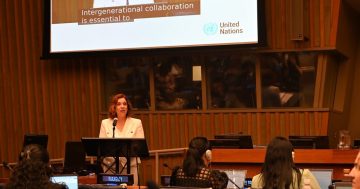 The United Kingdom’s Minister for Culture has accused the nation’s public broadcaster, the British Broadcasting Corporation (BBC) of “bias on occasions”.
The United Kingdom’s Minister for Culture has accused the nation’s public broadcaster, the British Broadcasting Corporation (BBC) of “bias on occasions”.
However, Lucy Frazer refused to give a specific example of bias.
Ms Frazer (pictured) said the BBC had a duty as a public service broadcaster and “doesn’t always get it right”, but insisted she was broadly a supporter of the content it produces.
Appearing before Parliament’s Culture, Media and Sport Committee, Ms Frazer was questioned in detail about the future of the BBC.
“I’m definitely in favour of a vibrant BBC. How that is funded is something we need to look into very carefully,” Ms Frazer said.
“I am definitely a supporter of the BBC and the content it produces, but it does need to understand its duties in relation to impartiality as well.”
Asked whether she thought the BBC was biased, she said: “I think that the BBC on occasion is biased, yes.”
Pressed to give an example, Ms Frazer replied: “I’m not going to give any specific examples of bias, but I think there are often complaints about the BBC, some of which have been taken up by Ofcom, which have shown bias.
“I think it is really important that the BBC takes its responsibility in terms of editorial standards and impartiality very seriously… I think [Director General] Tim Davie takes that responsibility very seriously.”
She continued: “I think we should ensure that the BBC, as a public service broadcaster, which is meant to be there to provide impartial news to the public, fulfils that duty, and I think unfortunately it doesn’t always get that right.”
Ms Frazer said she had “lots of views” when asked about the fallout following a tweet by Match of the Day football presenter, Gary Lineker.
The 62-year-old was temporarily taken off air after saying the language used by the Government to promote its asylum plans was not dissimilar to that used in 1930s Germany.
However, she refused to go into detail while the BBC carried out its own review of social media guidelines on impartiality.
London, 10 June 2023









